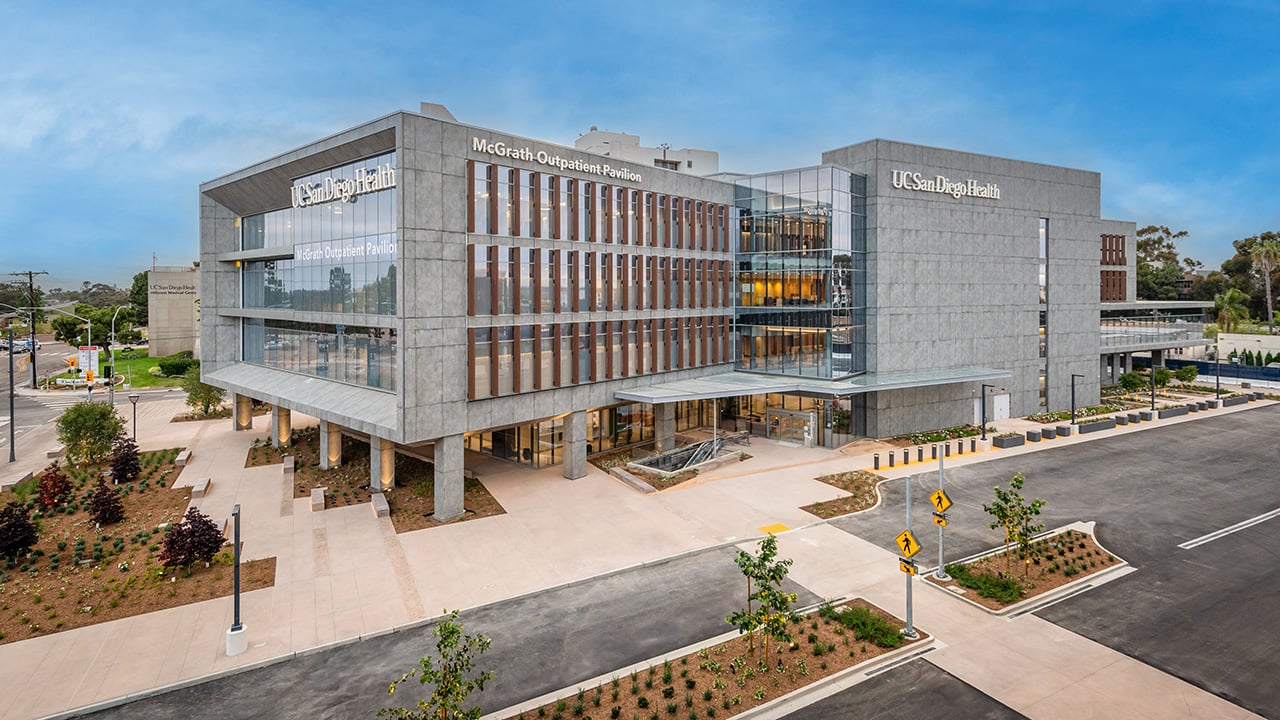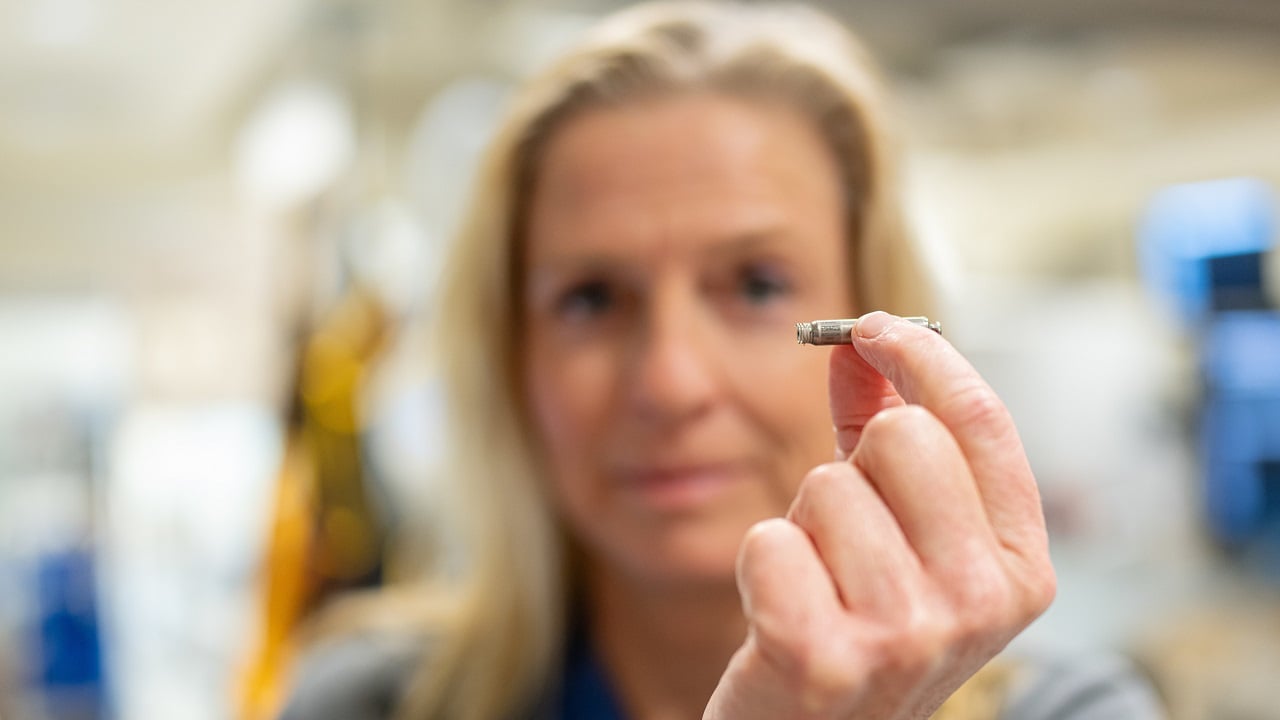Cardiac Amyloidosis
At UC San Diego Health, we provide a comprehensive approach to evaluate, diagnose and treat cardiac amyloidosis.
Amyloidosis is a rare disease caused by protein misfolding and eventual deposition into tissue or organs which can in some cases lead to organ dysfunction or failure.
There are over 30 types of amyloidosis and each type requires specific tests to make the diagnosis. The treatment will depend on the type of amyloidosis you have.
The disease can affect the heart and mimic other forms of heart disease. In addition to the heart, other organs can be involved such as the kidney, liver, nervous system or gastrointestinal tract.
Some forms of amyloidosis affect one single organ while others can affect multiple organs. Because amyloidosis can affect many organs, you may need to meet with physicians from multiple specialties.
Our multidisciplinary cardiac amyloidosis program is directed by Dr. Marcus Anthony Urey. In addition to offering the most advanced treatment options, our center actively participates in clinical trials.
Cardiac Amyloidosis Diagnosis and Treatment
Symptoms of cardiac amyloidosis are similar to those of heart failure. Some patients with amyloidosis may have aortic valve disease (aortic stenosis) or arrhythmias (atrial fibrillation), or require pacemakers.
Other clues that make amyloidosis more likely include carpal tunnel syndrome, lumbar stenosis, neuropathy, unexplained gastrointestinal symptoms, unexplained kidney disease and orthostatic symptoms.
Amyloidosis is diagnosed by a thorough medical history, physical exam and additional blood and imaging testing. A tissue biopsy may be needed in some cases.
Your treatment will depend on the type of amyloidosis you have. Some patients may require chemotherapy, while others may need more targeted amyloidosis therapies. Our pharmacy team can help you apply for patient assistance programs if needed.
When the heart is involved, medications used in other heart conditions, such as diuretics or blood thinners, may be needed. In rare cases, an organ or bone marrow transplant may be considered.
Amyloidosis and Genetic Testing for Families
Some forms of amyloidosis are hereditary and affect many generations of families, so family testing may be recommended. Your care team can go over the implications of genetic testing with you.
Testing can be done in the clinic or in the privacy of your own home if desired. Genetic testing may be available to you and your family for free. Please ask about genetic testing at the time of your appointment if you are interested in learning more about this.
AL and ATTR Amyloidosis
The two most common forms of amyloidosis that can involve the heart include AL (light chain) amyloidosis and ATTR (transthyretin) amyloidosis. While they can both cause heart disease, treatment is very different. If a diagnosis has not been made, you care team will order testing to differentiate between the two as an initial step.
Preparing for your Appointment
Please bring all medical records you have to your first appointment, even though we do our best to get them sent to us and reviewed ahead of time. An amyloidosis specialist will meet with you at the first visit and provide referrals and coordination of care as needed.
Traveling to UC San Diego
Since amyloidosis runs in families, we try to coordinate appointments for individual patients as well as their family members, as needed. This is especially helpful for those traveling from outside the San Diego area.
Research
As an academic medical center, UC San Diego Health leads the way in basic science and clinical research while providing excellent care for patients with amyloidosis. Our providers research specific types of amyloidosis. The knowledge they gain can lead to the discovery of new treatments.
We also conduct clinical trials for patients with cardiac amyloid disease to evaluate new ways to reduce the effects on your heart.More about clinical trials at UC San Diego Health
Amyloidosis Providers
Cardiology
- Marcus Anthony Urey, MD — Medical Director, Cardiac Amyloidosis Program
- Quan Bui, MD
- Anya Narezkina, MD
- Eric David Adler, MD
- Paul Kim, MD



